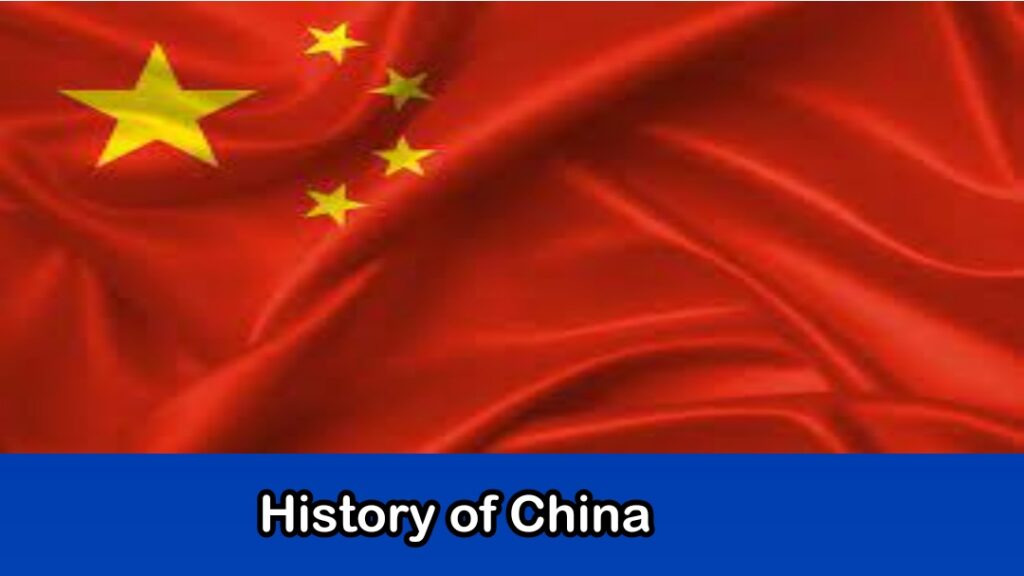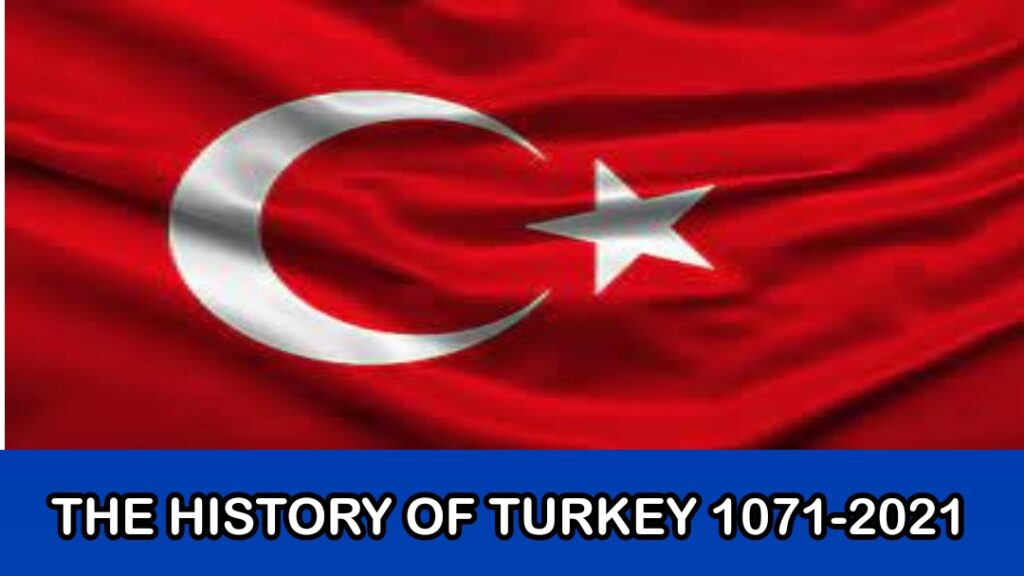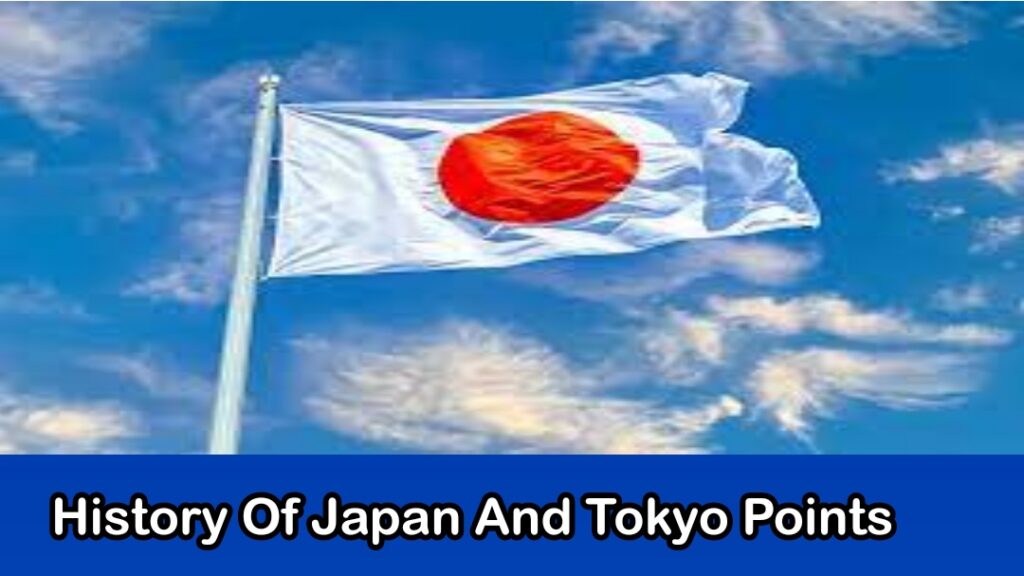The History of China Set Of Experiences And Individuals Of China Are Essentially As Different As The Actual Land. The Way Of Life That Brought Us Kites, Porcelain, And Silk, Additionally Gave Us Black Powder, Paper Cash, And Needle Therapy, And Slew Of Other World-Changing Innovations And Revelations. It Is A Mind Boggling Society Well Established In Custom And Honor.
For Centuries, Different Family Traditions Have Governed Over Old China, Each Making A Permanent Imprint On History. The Straightforward Excellence Of Chinese Craftsmanship And The Sensitive Symbolism Made By Its Verse Misrepresents The Viciousness Of The Chinese Military Could That Pushed Expansionism And Victory.
A Fast Outline Of The Historical Backdrop Of China Will Assist Us With Bettering Grasp The Intricacy Of This Special And Captivating Society. In Spite Of The Fact That Individuals Possessed China Significantly Longer, Students Of History Accept That The Principal Chinese Administration Was The Xia Line, Which Managed Somewhere In The Range Of 2100 And 1600 BCE.
Ancient Dynastic Beginnings
The Main Proof We Have About The Xia Line, Be That As It May, Comes From Texts Composed Around 1300 BCE, Long After This Tradition’s Standard Was Finished. There Is Authoritative Confirmation Of The Shang Line, Which Started Around 1600 BCE. The Focal Point Of The Shang Administration Was The Vassal State Called Zhou.
The Workers Of The Shang Tradition Lived On The Rice They Cultivated While The Privileged Societies Of Society Appreciated Meat, Pork, Poultry, And Venison. To Make Their Pitiful Portion Of Protein Go Further, The Chinese Workers Fostered A Method For Slashing Fish, Chicken, Or Eggs Into Smidgens That Were Sautéed With Rice And Bits Of Vegetables …
A Technique For Cooking That Stays Well Known In China And All Over The Planet Right Up To The Present Day. It Was Additionally During The Shang Line That The Chinese Means Of Composing Started. The Chinese Content Began As A Progression Of Pictograms Yet, After Some Time, The Pictures Became Simpler To Copy And Served More As An Image Than A Genuine Portrayal.
Great Wall Construction and Protection
During The Shang Administration, Upwards Of 3,000 New Chinese Characters Were Presented. Years After The Fact, Individuals Of China Had Organized Themselves Into Seven Unmistakable States, Each With Its Own Social Character, Pioneers, Objectives, And Customs. One Express, The Qin, Developed More Remarkable.
Than The Others; As Is Regular, With Power Comes Insatiability. In 247 BCE, The Qin State, With Its Sizable, Efficient Armed Force, Crushed The Six Different States To Hold Onto Control Of China. Albeit The Qin Armed Force Was Considerable, Had The Other Six States United Together, They Might Have Been Successful; In Any Case, They Decided Not To Cooperate Against A Shared Adversary. At The Point When The Last State Fell,
The Qin Tradition Was Conceived. Obviously, There Were The Individuals Who Went Against The New Qin Administration. As Per One Story, In 227 BCE, Two Would-Be Professional Killers Gave Ruler Zheng Of Qin A Guide Of Their Locale. Secret Inside The Rolled-Up Map, Notwithstanding, Was A Blade.
Silk Road: Trade and Cultural Exchange
The Professional Killers Were Frustrated When The Extended Blade Neglected To Come Effectively Out Of The Guide, Giving Time For The Lord’s Gatekeepers To Quell The Professional Killers. After This Occasion, Lord Zheng Changed His Name To Qin Shi Huang And Was Proclaimed China’s Most Memorable Sovereign.
As Sovereign, He Looked To Stay Concealed By His Subjects, Concealed In A Sanctuary And Venturing Out From One Spot To Another By Means Of An Organization Of Raised, Tree-Lined Streets Constructed Exclusively For His Utilization. He Might Have Been Stowed Away From His Kin, Yet Qin Shi Huang’s Requests Were Completed Across The Land.
He Was A Fanatic For Normalization. He Maintained That The Wheels On Trucks Should Be Similar Distance Separated So The Trenches In The Street Would Be Uniform. He Likewise Normalized All Loads And Measures. His Most Prominent Achievement As Ruler, Nonetheless,
Golden Age of Tang Dynasty
Was Dispatching The Development Of A Component That Should Be Visible From Space – The Incomparable Mass Of China. The Incomparable Mongol Pioneer, Genghis Khan Went After The Northern Area Of China In 1211. Progressing Fights Resulted, Finishing With The Mongols’ Complete Loss Of The Ruling Jin Tradition By 1234. Genghis Khan’s Child, Ogedei Khan,
Took Over Order Of The Mongol Swarm Upon His Dad’s Passing, Yet He, As Well, Kicked The Bucket In Fight. The Rule Passed To Genghis Khan’s Grandson, Kublai Khan And His Sibling, Hulagu Khan. The Siblings Put Their Focus On An Exchanging Center Point Monitored By A Great Post.
Undaunted, They Utilized Their Clear-Cut Advantages: Catapults – Sling Like Weapons. The Chuangzi-Nu Was A Gadget That Could Shoot A Volley Of Blazing Bolts At The Foe, While, The “Thunder Crash Bombs” Were Detonating Metal Chambers Loaded Up With Explosive. The Mix Of These Three Alarming Weapons Was Enough For The Mongols To Obliterate The Melody Administration In 1279.
Mongol Conquests and Yuan Dynasty
The Rule Of Kublai Khan Was – Like All Of Chinese History – A Peculiar Combination Of Culture And Heartless Viciousness. A Learned Man, Kublai Khan Was Conscious And Lenient Toward All Religions Rehearsed In China – Buddhism, Taoism, Shamanism, Jewism, Christianity, And Muslim. He Supported Human Expression And Was An Admirer Of Verse, Compositions,
And The Theater. Yet, He Likewise Had Expansionism And Imperialism At The Forefront Of His Thoughts. He Put His Focus On Japan, Burma, Java, And Vietnam. In 1281, Kublai Khan Sent His Soldiers To Attack Japan. His Armada Of In Excess Of 3,500 Boats, Be That As It May, Had A Devastating Inability To Impart And The Japanese Powers Repulsed Their Advances.

The Leftover Men Got Back To China To Recover And Refocus. In Three Fights, In 1257, 1284, And 1285, Kublai Khan’s Powers Endeavored To Hold Onto Vietnam, However In Each Of The Three Fights, The Incomparable Mongols Were Crushed. Somewhere In The Range Of 1277 And 1287,
Ming Dynasty: Maritime Exploration
Khan’s Men Connected With The Armed Forces Of Burma As They Attempted To Attack That District. This Time, They Prevailed With Regards To Quelling Individuals Of Burma, Yet Khan’s Arrangement To Make Them Pay High Duties Fizzled. The Main Part Of The Burmese Public Were Unfortunate Ranchers Attempting To Hopefully Survive In A Locale Blockaded By Dry Spell;
They Didn’t Basically Have Anything To Give. When Kublai Khan Knew Their Situation, He Showed Compassion For Them. He Had Grain, Material, And Different Assets Shipped Off The More Ruined Regions, Sending Laborers To Assist With Remaking Houses And Develop Water System Channels. For A Conflict Hungry Ruler,
He Was Likewise An Incredible Compassionate Person. From 1368 To 1644, China Was Constrained By The Incomparable Ming Line. The Pioneers Had A Demeanor Of Distrustfulness And Tried To Keep A Firm Grasp On Individuals Of China, Regardless Of Whether It Implied Merciless Executions. In This Air, The Circumstances Were Ready For Disobedience And Revolt.
Qing Dynasty and Imperial Decline
The Ming Tradition Endured Each Revolt And, Surprisingly, Delivered An Amazing Assortment Of Fine Porcelain Jars, Urns, And Bowls En Route. Albeit Fragile, Ming Porcelain Pieces Made In The Sixteenth Century Stay Right Up ‘Til Now And Are An Exceptionally Valued Collectible. Misfortune Struck On May 30, 1626. A Tremendous Blast Shook The City Of Beijing,
Removing Trees Miles Away And Sending The Groups Of Casualties High Out Of Sight. In Excess Of 20,000 Individuals Were Killed In The Impact Purportedly Focused At The Wanggongchang Ordnance, An Office That Made Explosive, Weapons, And Weapons.
A Precise Reason For The Blast Not Set In Stone, However The Odd Chinese Individuals Accepted It As A Sign From The Divine Beings That They Were Disappointed With The Standard Of The Ming Line. By The Last Part Of The 1700s, China Was Exchanging Vivaciously With England And Different Pieces Of Europe. Tea, Silk, Cotton,
Opium Wars and Modernization
And Porcelain Times Were Being Transported All Over The Planet. Another Ware, In Any Case, Found Its Direction Onto The Dealer Ships … Opium. The Habit-Forming Drug Was Snuck Into China On English Ships And Offered To Everyone. Opium Is Habit-Forming To The Point That The Client Probably Proceeded With Admittance To The Medication Or Face Horrendous Withdrawal Side Effects.
The Sovereign Answered This Emergency By Making Opium Unlawful And Set Up A Barricade Around The Harbor To Keep English Boats From Entering. The Intensely Outfitted English Answered By Annihilating The Chinese Boats. The Contention Finished With The Deal Of Nanking, Endorsed In 1842,
Yet It Didn’t End The Opium Emergency In China. Opium Use Was So Far And Wide In China That The English Forced The Chinese Ruler To Legitimize The Substance. The Circumstance Reached A Crucial Stage When, In 1856, Chinese Specialists Caught An English Boat Stacked With Opium Destined For China. This Time,
Xinhai Revolution: End of Monarchy
The French Came To The Guide Of The English And The Two Countries Went After The Chinese. This Was The Open Door France Was Searching For, As They Had Been Attempting To Get To Chinese Ports For Their Exchange Ships For Quite A Long Time. France And England, Alongside The US And Russia, Constrained China To Sign The Arrangement Of Tientsin.
The Arrangement Constrained China To Open Ten Ports To Unfamiliar Shipper Ships, To Permit Christian Ministers To Get The News Out Of God Across China And, Devastatingly, To Legitimize Opium Imports. Quick Forward To The Mid-Twentieth 100 Years, And The Country Of China Was Being Pulled Separated By Various Political Groups And Philosophies.
At The Point When Mao Zedong Came To Drive, He Made A Strong Statement. He Laid Out Another Administration And Another Name, Individuals’ Republic Of China. Mao Depicted Himself As The Legend Of The Everyday Person And A Backer For The Regular Workers, But He Looked For A Homogeneous Society Where Everybody Thought The Same Way.
Rise of Communist China
He Killed The Individuals Who Contradicted Him, And, Surprisingly, Requested The Executions Of Rich Entrepreneurs Who Didn’t Accommodate His Arrangement For A Bound Together Society. He Urged Individuals To Report Their Companions And Neighbors Who Scrutinized The Mao Government And Requested A Huge Number Of Individuals Into Constrained Work Camps.
Starting In 1966, Mao Zedong Started His Social Unrest To Free The Country Of “Traditionalist” Components In Chinese Society – And The People Who Spread Them. He Shut The Colleges Since He Accepted That Training Made Industrialists Who Looked To Take Advantage Of Laborers For Their Own Benefit.
History of China
Suspicious, Mao Was Persuaded That Individuals Inside His Own Administration Were Contriving To Remove Him, Along These Lines He Cleansed His Own Administration. The Slaughters, Starvation, And Starvation Killed Somewhere Near Twenty Million Individuals.
At The Point When Mao Zedong Passed On In 1976, His Seat Was Filled By Deng Xiaoping. Deng’s Most Memorable Thing To Get Done Was To Turn Around The Limitations And Culture Of Dread From Mao’s Social Unrest. He Returned The Colleges, Restored Common Administrations, And Carried Request To The Disorder Of Chinese Government.
In The Years Since, China Has Developed Into A Force To Be Reckoned With. China Is A Main Assembling And Trading Economy That Has Beaten A Significant Number Of Its Past Issues To Partake In A Strength It Has Seldom Known. The Rich History And Various Past Of China Has Added To Its Present As An Arising Worldwide Superpower With The Possibility To Match The US In Economy, Innovation, Military,
And Discretion. To Find More About The Historical Backdrop Of China, Then Look At Our Book, History Of China: An Enrapturing Manual For Chinese History, Including Occasions, For Example, The Primary Head Of China, The Mongol Triumphs Of Genghis Khan, The Opium Wars, And The Social Upset..

